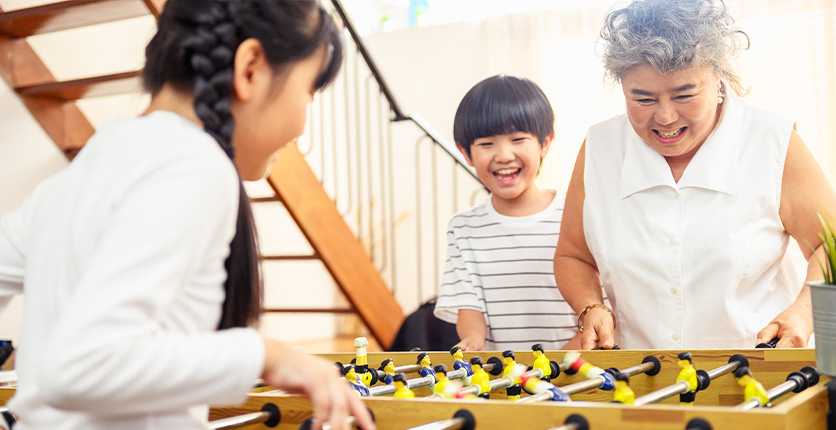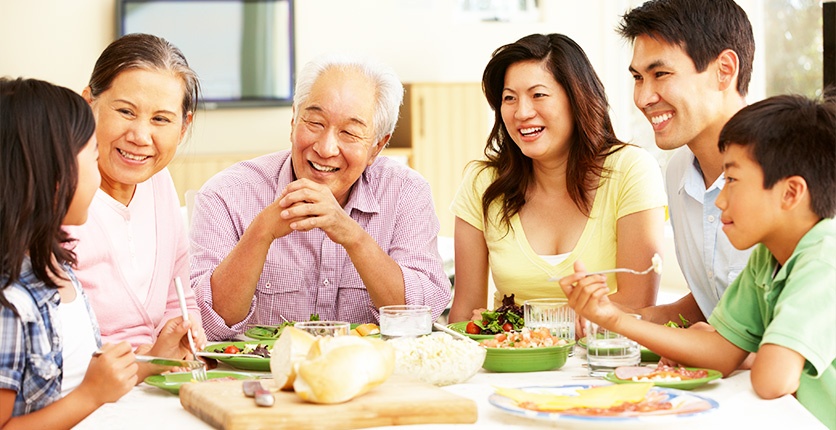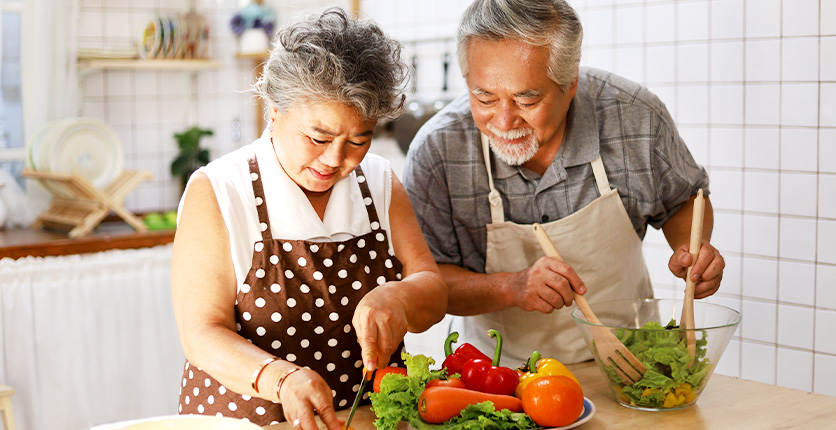Some elderly Singaporeans, especially those who live alone or far away from their children, have not been coping well during the pandemic, with many feeling isolated, unable to see family, catch up with friends and participate in their usual social activities.
Even if they live with you or nearby, your ageing parents may still feel lonely and neglected. They may also have trouble handling the disruptions to their daily life. Dr Lim Boon Leng, a psychiatrist at Dr BL Lim Centre for Psychological Wellness, tells us how to support our parents and help them navigate through this trying time.

Q: How have the pandemic-related stay-at-home orders and social restrictions affected our elderly?
Dr Lim: Due to the fact that they’ve not been able to go about their usual routines, spend time with family and socialise with friends, they would most certainly be feeling alone, and some, even depressed. These problems may be compounded by worries about their health, finances and conflicts with family. Seniors living alone tend to be more vulnerable, especially if they rely on social services such as home visits from volunteers. The isolation and lack of social interaction are risk factors for mental health issues.

Q: How can we tell if our elderly parents are emotionally affected?
Dr Lim: They may complain about feeling “low” and comment that life is meaningless. They may lose their appetite and start to lose weight or have trouble sleeping. They may feel more fatigued than usual, become socially withdrawn or lose interest in things they used to enjoy.

Q: What’s the best way to ensure our parents’ emotional needs are met without compromising our own emotional health and personal or family life?
Dr Lim: Most Singaporean seniors aren’t demanding; they just worry about burdening their families. I suggest having short conversations with them several times a week – ask them how they’re feeling and get them to share their thoughts on whatever is going on.
You can also introduce them to new activities and hobbies that they can do at home, or teach them simple exercises to do indoors. This will help them make good use of their time and feel more independent.
Help them look after their health, too – explain their health issues to them if they don’t understand them well enough, remind them to take their medication, and help them schedule their doctor and vaccination appointments.

Q: What activities can the whole family do together at home, that will make our elderly parents feel more included?
Dr Lim: Having dinner together is one of the many wonderful things families can do. It’s not just symbolic of family unity and bonding; it’s also a great way for everyone to unwind. When the atmosphere is relaxing, our parents may find it easier to open up about their problems. Psychologically, sitting down to eat with their children and grandchildren can feel very empowering for our seniors and help them feel closer to the family.

Q: What if our parents don’t live with us? How can we ensure their emotional wellbeing if we can’t visit them as often as we used to?
Dr Lim: Technology can help – there are so many programmes you can use to supervise and converse with your parents. You can install cameras and screens that can be controlled remotely so that your parents don’t have to operate them.
If possible, have meals with your parents from time to time, and ask their neighbours to check in on them a couple of times a week.

Q: How can we get our kids involved with looking out for their grandparents?
Dr Lim: Children are quite tech savvy. Since they’re at home more, they can teach their grandparents how to use their devices or apps, help them install new programmes, and so on. This is a good way for your parents and kids to bond and engage with one another, but more importantly, your little ones will learn how to have empathy, patience and compassion for the elderly.
How do you ensure your elderly parents are cared for during these challenging times? Share your tips with us at magnsman@sph.com.sg!







